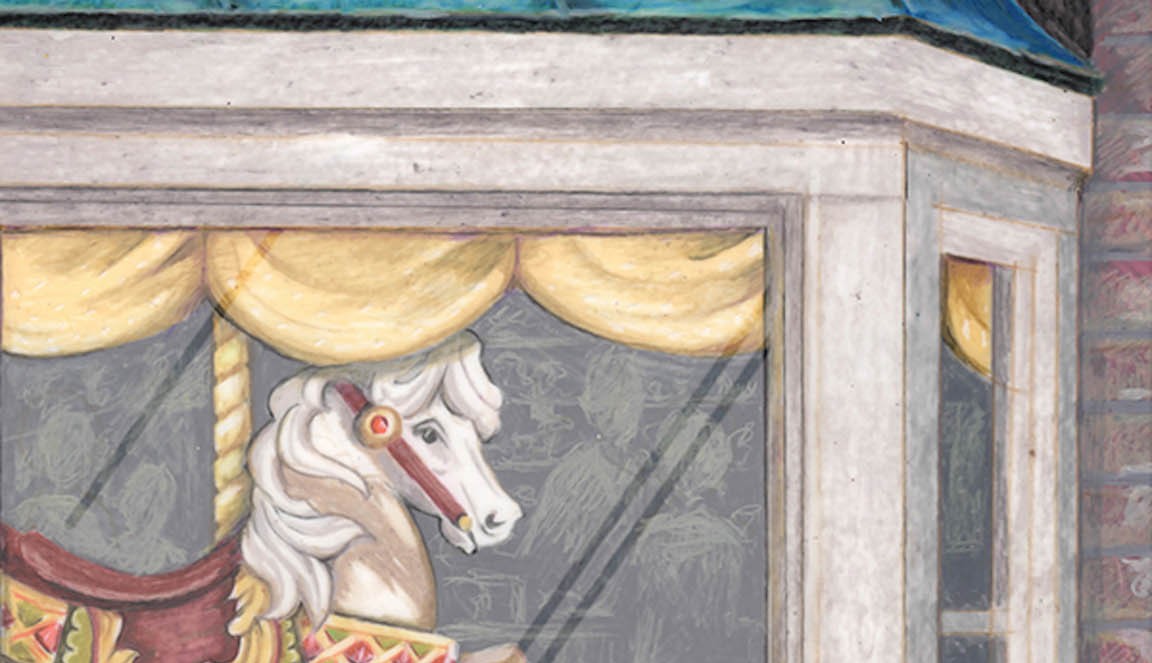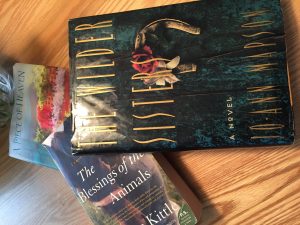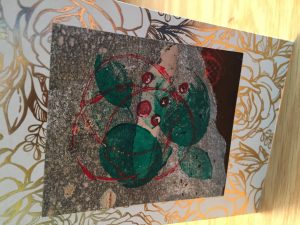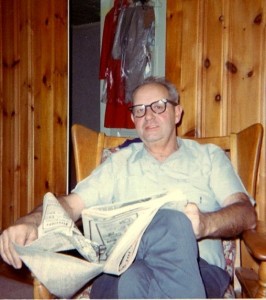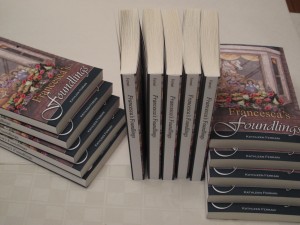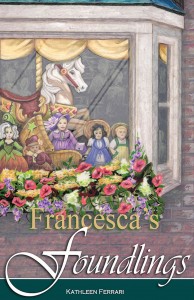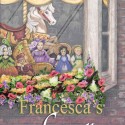The Journey Begins
“It is good to have an end to journey toward; but it is the journey that matters, in the end.” ― Ursula K. Le Guin, The Left Hand of Darkness
Two confessions to begin with: I have a writer’s crush on Ursula LeGuin and I have never read her fiction (yet).
I spent the weekend reading her latest book of essays published last month – No Time to Spare: Thinking about What Matters.
Ursula LeGuin is an inspiration for any writer but at eighty-eight, this is especially true for writers like myself who begin to write later in life.
January is traditionally the time of year for both reflections and new beginnings.
If I were to pick a word to describe my writing in 2017 it would be MIRED. I could also us STUCK (as in a hole) but I prefer mired. I tried my best to salvage Maggie’s Girls but in the end, I came to the realization that Maggie’s Girls is not the third book in the Lynton Series.
I had elective surgery in September. I knew I would be stationary for at least six weeks as a result and I had planned to write, write, write. The joke was on me. Between the drugs and the aftermath of surgery, no writing took place.
Instead, “laid up” as I was, I re-read the novels of the writers I view to be the best of my genre: Jo-Ann Mapson, Katrina Kittle, Barbara Samuel and Rosamunde Pilcher- the writers I love. I returned to the lives of the Wilder sisters, Penelope Keeling, Luna McGraw and Cami Anderson. All old friends waiting on my bookshelves to meet once again.
Series are tricky and probably not the best place for a first-time writer to start. It is too late now and so I continue to write on. I love Maggie’s Girls and hope to publish the story as a stand-alone novel but now I have to return to the journey and work on Book Three, as promised.
I flew to Ireland for Christmas. Leaving my Kindle at home, I brought two paperback books with me to read on the plane: MacCullough’s Women and Francesca’s Foundlings.
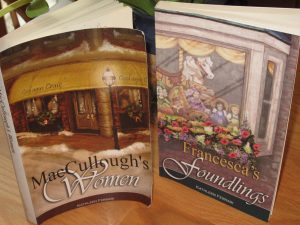
It was a unique experience. I have read a lot books on airplanes but it was admittedly a tiny bit thrilling to sit there reading one I had written. It was also the first time I had read the books one after the other the way a reader would.
Finishing Francesca’s Foundlings, it was clear to me that Book Three will be Franny and Nick’s story, even if I am not sure yet what their story will be. Most likely readers will also see more of Lilah and Dave and, of course, Brid and Neil.
Signs turn up where you least expect to find them. We had a small party at the beginning of the holidays and one of my neighbors sent me a lovely thank you note.
At the bottom she wrote: “Looking forward to the next sequel of MacCullough’s Women.”
Book Three does not yet have a name but it does have a working first line: “So it’s true. You really do play with dolls.”
I leave you to wonder who it is that says that to Franny.
The Muse and I wish you a Happy New Year.
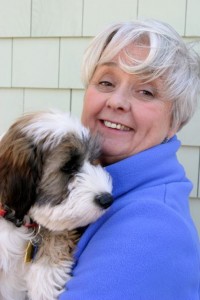
I am looking forward to the journey.
